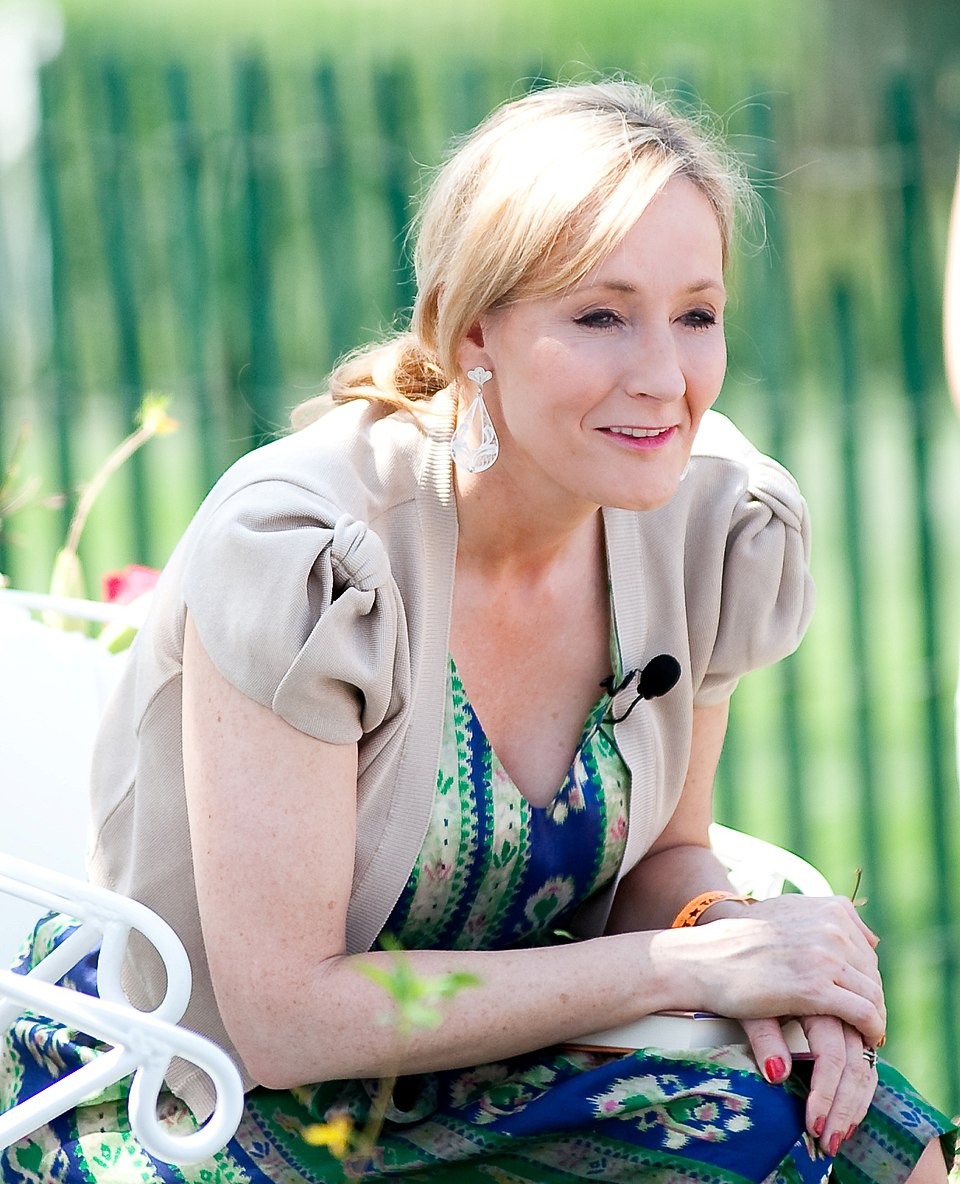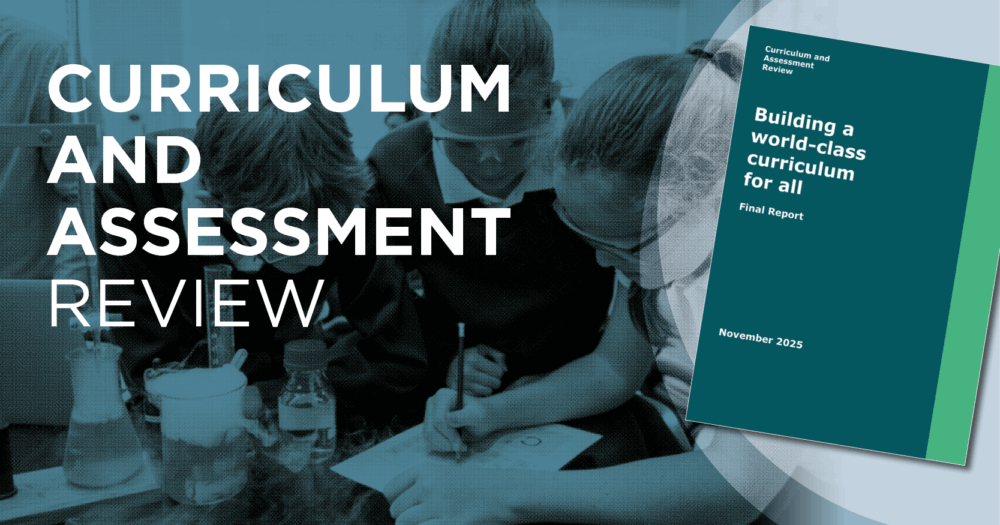
Introduction
JK Rowling, the renowned British author best known for creating the Harry Potter series, has left an indelible mark on literature and popular culture since the release of the first book in 1997. The series, which has captivated millions worldwide, transcended its original medium to become a significant cultural phenomenon embraced across generations. However, her journey has been fraught with controversy, particularly surrounding her views on gender and identity, which have sparked heated debates in recent years.
Rowling’s Literary Journey
The saga of Harry Potter, which began with ‘Harry Potter and the Philosopher’s Stone,’ quickly became a literary sensation, selling over 500 million copies and translating into 80 languages. The magic and morality woven throughout the narrative fostered a love for reading among young audiences, while addressing universal themes such as friendship, bravery, and the struggle against evil.
Recent Controversies
Despite her undeniable success, Rowling has found herself at the centre of controversy, particularly following her comments on transgender issues. In 2020, she faced backlash after a series of tweets and an essay in which she expressed her views on biological sex and gender identity. Many in the LGBTQ+ community and their allies perceived her statements as harmful, leading to calls for boycotts of her work. This controversy has raised important discussions about freedom of speech, the responsibilities of authors, and the impact of cultural narratives on real-world issues.
Impact on Modern Literature
Rowling’s work has undeniably shaped the landscape of modern literature. With the rise of fan fiction, elaborate fandoms, and film adaptations, her characters and stories continue to resonate. The Wizarding World has expanded into various media, including stage plays and theme park attractions, indicating a lasting cultural legacy. Moreover, her philanthropic efforts through the Volant Charitable Trust, which focuses on various social issues, further exemplify her influence beyond writing.
Conclusion
JK Rowling remains a polarising figure in contemporary literature, loved by many for her imaginative storytelling while simultaneously facing criticism for her views. As discussions about gender, identity, and representation continue to evolve, so too does the dialogue surrounding her work. Regardless of the controversies, Rowling’s influence on literature is profound, and her efforts to promote reading and education through charities will likely ensure her legacy in the literary world persists. Readers and scholars alike will continue to debate her contributions to culture and the implications of her views long into the future.
You may also like

An Insight into Mossbourne Victoria Park Academy

Understanding the Importance of Newsround in Children’s Media
